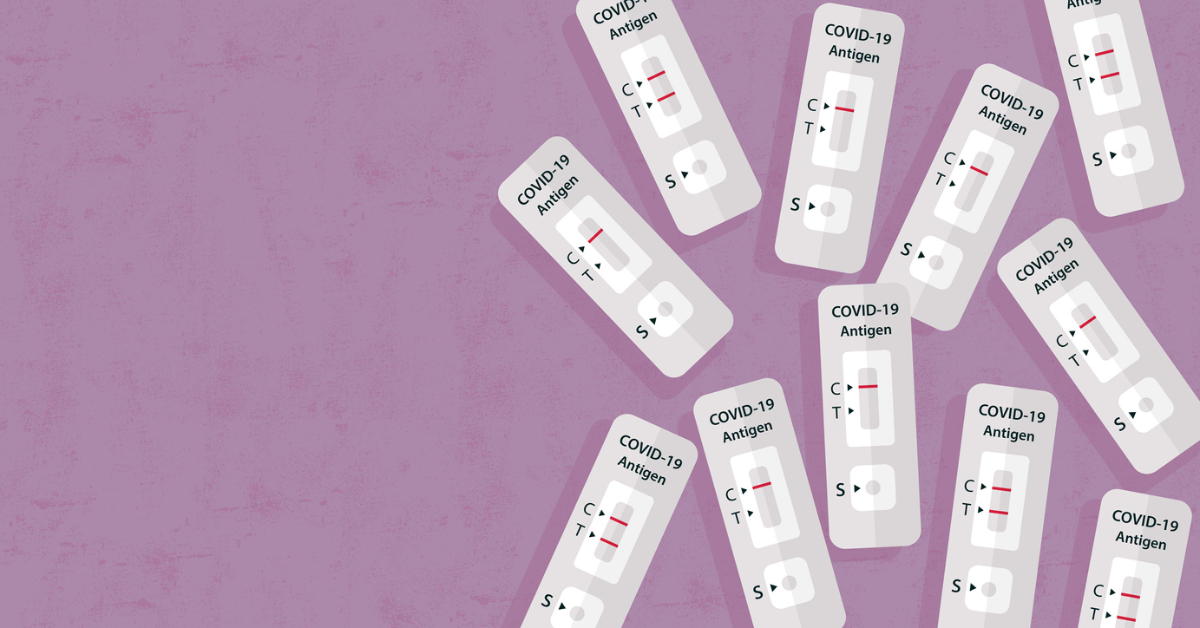Most Recent
- Accounting
- Business Owners
- Australian Taxation Laws
- Financial Planning
- Tax Planning
- Superannuation
- ATO
- Home Owners & Investors
- Professionals
- Family Business
- 23/24 Financial Year
- Trusts
- 24/25 Financial Year
- Case Studies
- Construction
- Renewable Energy & Environment
- Personal Income Tax
- Insurance Underwriting
- Self Managed Super Funds
- Payroll Tax
- WLM News
- 22/23 Financial Year
- 25/26 Financial Year

The Treasurer has announced that PCR and rapid antigen tests (RAT) will be tax deductible for individuals and exempt from fringe benefits tax (FBT) for employers if purchased for work purposes.

The 2022 Luna New Year, Year of the Tiger, is courage and bravery. It is a year to drive out evil and one of momentum and change. The message; walk boldly with courage. And it seems the Reserve Bank Governor is aligned with this sentiment.

McDonald’s Australia has been convicted and fined for failing to provide documents to the Australian Taxation Office (ATO).

The ATO has finalised its guidance on the Allocation of Professional Firm Profits (or commonly known as income splitting) that will apply from 1 July 2022.
One of the keys to financial success is to adopt the right strategy at the right time. As you move through the stages of life, here are some tried and tested ‘secrets’ that will help you build and protect your wealth.

Every year, we are asked about the tax impact of various Christmas or holiday related gestures. Here are our top tips.

A lighter look at the complexity of Australian taxation laws and the year that has been.
The dawn of a new year sees many people setting new year’s resolutions such as losing some weight or giving up smoking.

The ATO is watching out for taxpayers attempting to avoid or evade tax on their foreign assessable income by disguising amounts as gifts or loans from a related overseas entity. This increased ATO attention has come about with the proposed changes..
Investing in property seems to be part of every Australian’s DNA. Given the significant growth in property prices in Australia, clients are now looking at using their super to invest in property via a Self Managed Superannuation Fund.





%201200%20x%20628-1.jpg)




%201200%20x%20628.jpg)
